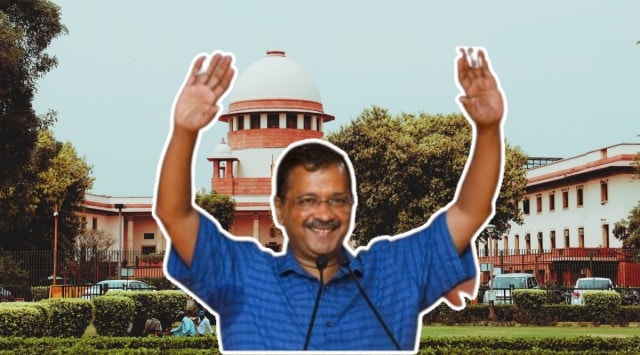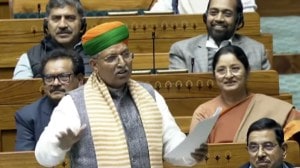However, there are some limitations.
The decision on which IAS officer gets posted to the national capital — and for how long — will continue to be the Centre’s prerogative.
Also, lines have been drawn regarding departments such as Home, and certain posts like the DDA vice-chairperson, MCD commissioner, and chairperson of the New Delhi Municipal Council (NDMC).
“The judgment clearly states that land, and law and order – which are beyond the remit of the elected government – are under the ambit of the L-G. So, the appointment of the Home Department Secretary who, through the L-G, oversees the Delhi Police, and the DDA VC, who is subordinate to the L-G (the L-G is also the DDA chairperson), will still be subject to the Centre’s decision,” said a bureaucrat.
Sources said another significant issue is the appointment of the Chief Secretary, the most senior bureaucrat in Delhi who, in addition to being the head of the civil administration, also serves as the link between the CM and L-G. The post had triggered the administrative tussle in 2015.
“According to the Transaction of Business Rules, the Centre has, and will continue to, appoint the Chief Secretary of Delhi, with consultations with the Chief Minister which, as per tradition, is more or less a formality. The judgment does not seem to have any impact on that,” said a senior bureaucrat.
An AAP leader, however, sought to differ. “The verdict essentially states that when it comes to services, Delhi will be like any other state. The process of appointing or transferring officers that is followed in other states will also be followed in Delhi. If that requires communication with the Centre, we will do so,” said the AAP leader.
Story continues below this ad
On all other postings and transfers, however, the Delhi government will have the final word.
“The only change that the judgment has, on the face of it, brought when it comes to IAS and DANICS officers, who fall under entry 70 of the Seventh Schedule which deals with the all-India services and the Union Public Service Commission, is regarding their postings and transfers within the jurisdiction of the NCT of Delhi,” said a bureaucrat.
According to Delhi government sources, over the past year-and-a-half, any file related to appointments or transfers was routed directly from the Services Department Secretary to the Chief Secretary, and then to the L-G.
“The government was kept out of the loop on who was being posted where. Often, we would find out after the officer was transferred… this will stop after today’s verdict,” said a senior AAP leader.
Story continues below this ad
The elected government will now only inform the L-G about changes in the administration, and will not await his assent, said sources. On Thursday, after transferring out the Services Department Secretary, Ashish More, and appointing A K Singh as his replacement, the government said it informed the L-G through “official channels”.
Sources said the judgment also underlined Parliament’s power to make laws regarding the NCT of Delhi, under Article 239AA[3][b] read with Article 239AA[7]. While the former empowers Parliament to make laws with respect to any matter for a Union territory, the latter allows Parliament to “make provisions for giving effect to, or supplementing the provisions… for all matters incidental or consequential thereto” without these being “…deemed to be an amendment” of the Constitution.









